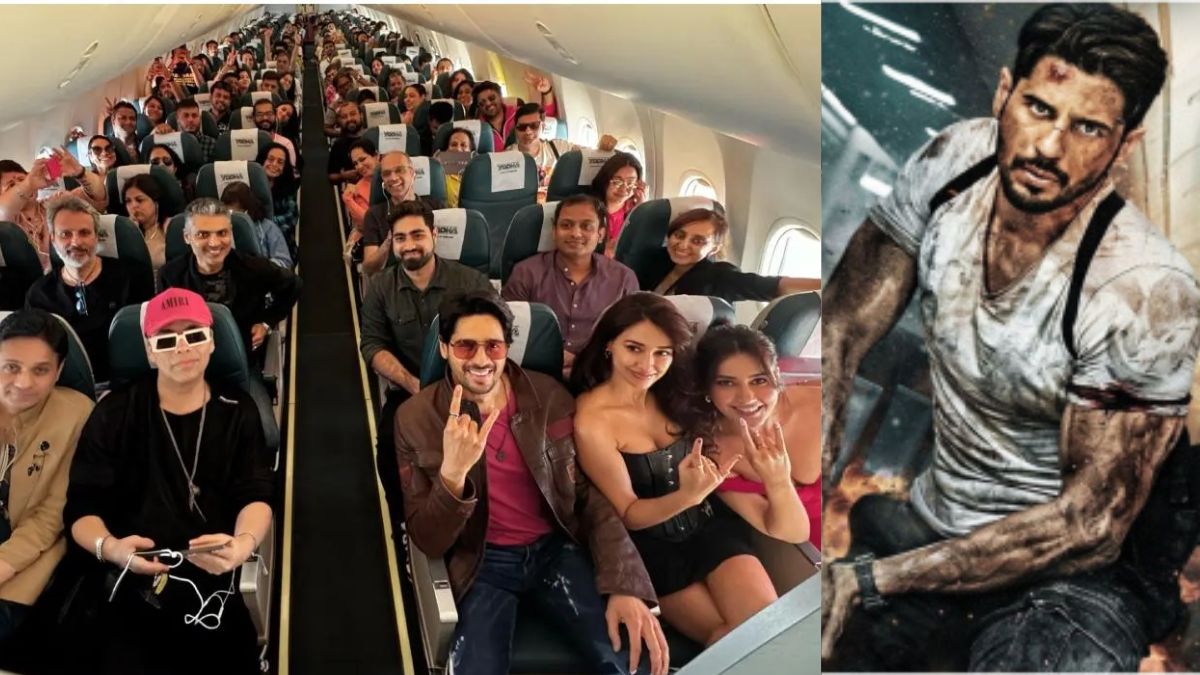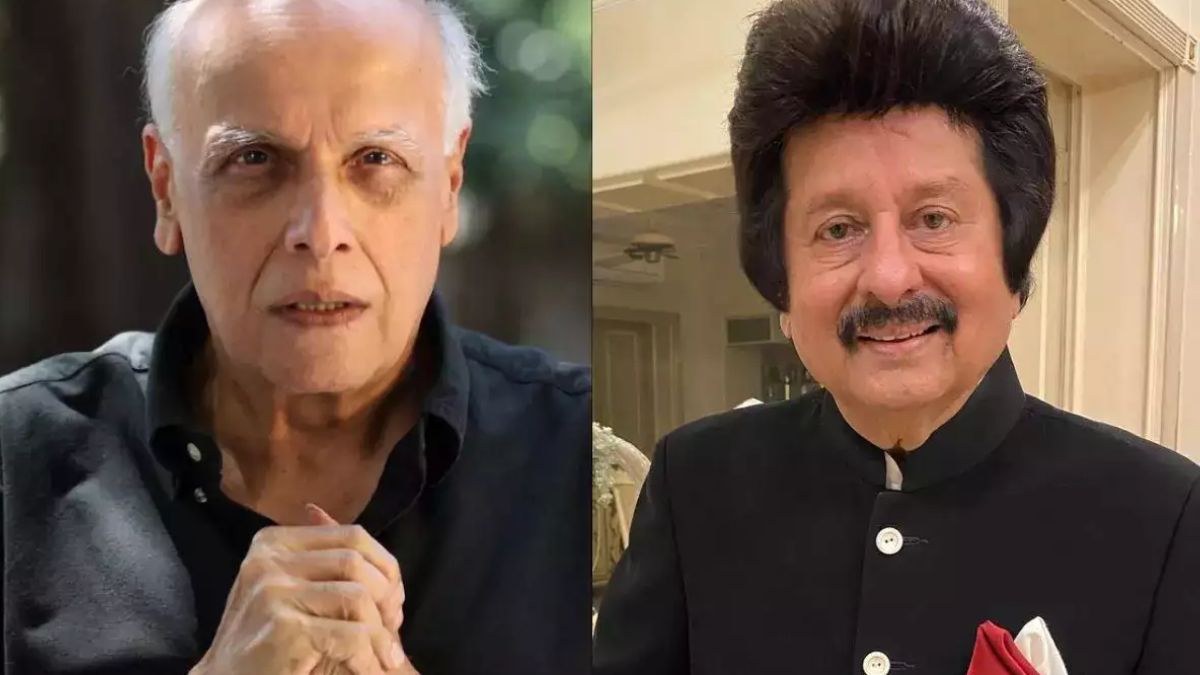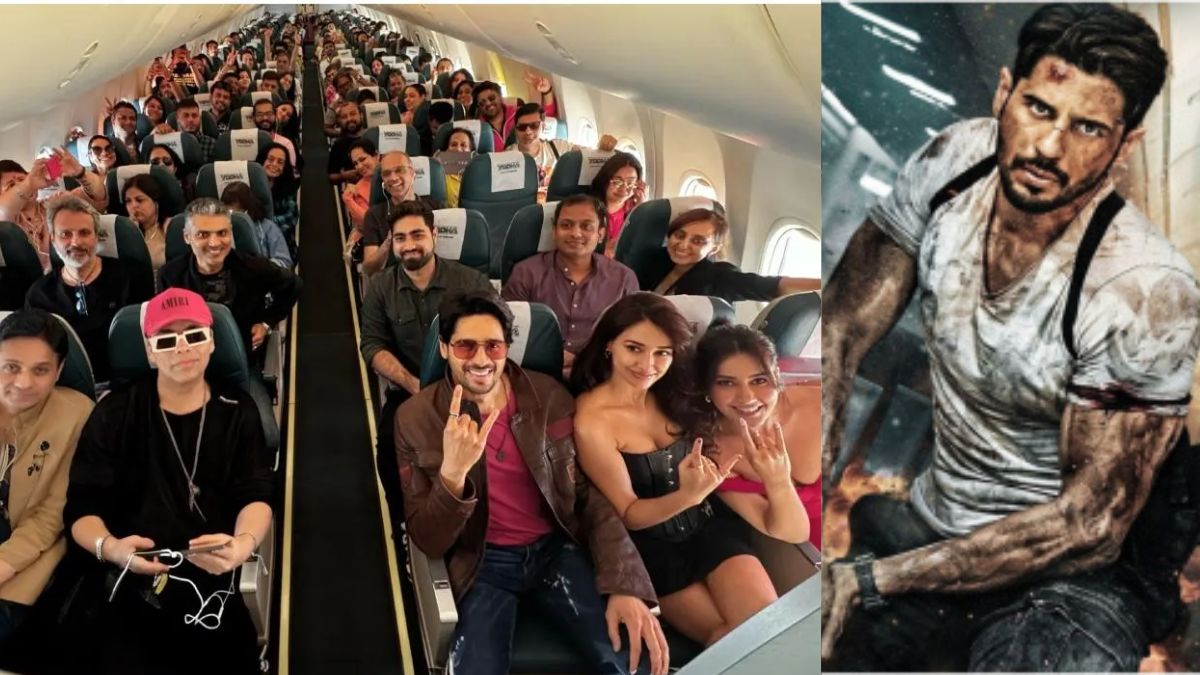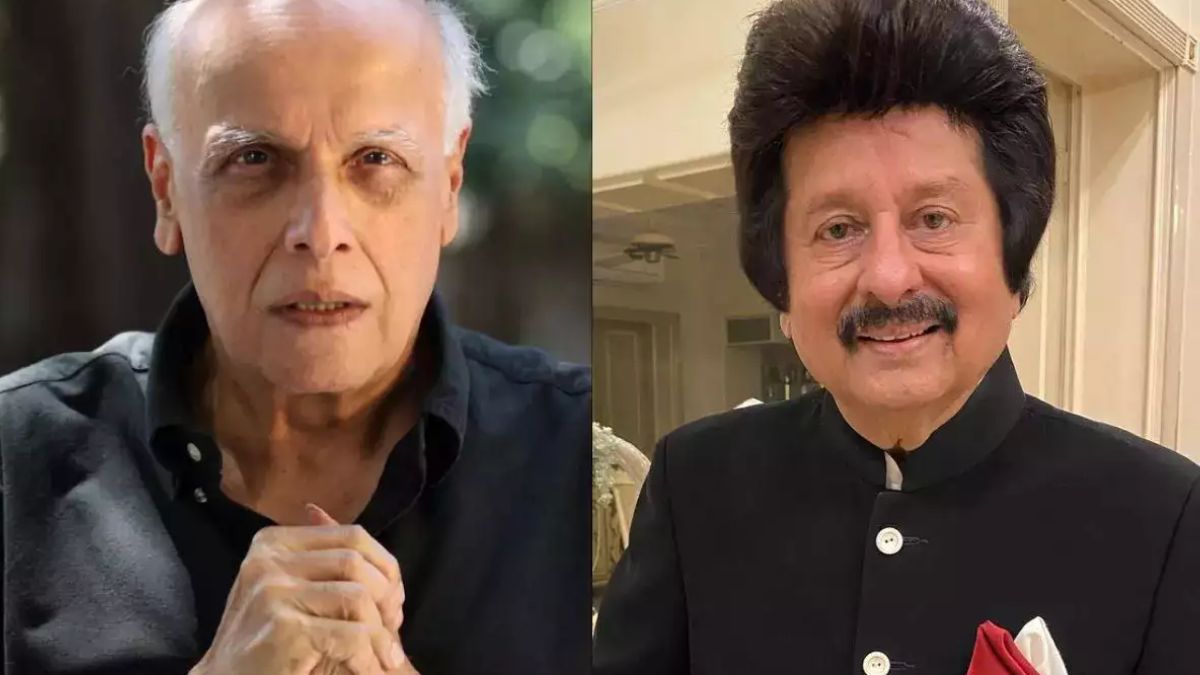The 19th edition of the Jio MAMI Mumbai Film Festival is finally here, and with it comes an unending list of critically acclaimed Indian and international films to watch. Some of these are submissions for the Oscars, while others are hitherto untold, hyperlocal stories. Firstpost will review the most promising of these films.
***
Chavela, a warm documentary on Chavela Vargas, is a riveting portrait of the great Mexican singer that mixes her heart wrenching songs with some intimate interviews. Directed with great sympathy for the movie’s heroine by Catherine Gund and Daresha Kyi, the film traces the life of Chavela from her early years in Costa Rica to Mexico City and beyond.
Little known in India, Chavela was born as Isabel Vargas Lizano, in Costa Rica on 17 April 1919. She calls the Central American country the “end of the world” and was eager to escape her troubled childhood and get into Mexico City, a place which she says shaped her with “slaps and punches”.
Chavela had manly mannerisms even as a teenager and was hidden in the house by her parents when guests visited. In a harrowing incident, she was refused entry into church as a child. Without many friends, Chavela was an oddball who spend her days dreaming.
The film opens with a memorable line. “I am Chavela Vargas. Don’t forget that,” she says with pride — free-spiritedly stating the obvious. It is also one of the shots that draws the movie to a close and works very differently at the end.
An attractive woman (and extremely photogenic to boot), Chavela began performing in the clubs and cabarets of Mexico City, which she was still quite young. When she dressed in a feminine way against her instincts, she wasn’t a crowd puller. But as soon as she began wearing ponchos hinting at her true sexuality — that of a lesbian — she began intriguing crowds and selling hit records. “Both men and women were into me,” she says. However, she never made any money with her records and never believed she could.
She brought a new voice to the lyrical Mexican songs of her time. Her first album Bohemian Night was released in 1961, but not much mention is made of her records. The film, instead, focuses on her live performances, and there are many excerpts of them dispersed all through the movie. The team behind the film has also done a remarkable job of collecting the footage of these performances, which otherwise might have been lost to the ravages of time.
Many of the key people behind Chavela’s success, including director Pedro Almodovar, have been interviewed for the film. Almodovar played a crucial role in taking Chavela’s music beyond Latin America and was instrumental in backing her concert in Paris. “I have never worked so hard for selling tickets,” he says in the film.
Chavela was a hard drinker and her career was cruelly interrupted in the 1970s for nearly 12 years as she gave into alcoholism. Those years were living hell for her and many people had considered her “dead” or written her off. However, she made a comeback, which was even more outrageously successful than her first stint. Chavela passed away on 5 August 2012 after she tried her best to “die on stage”.
Coming five years after her death, the film reintroduces Chavela to international audiences and has managed to capture her vitality and vivaciousness.


)




)
)
)
)
)
)
)
)